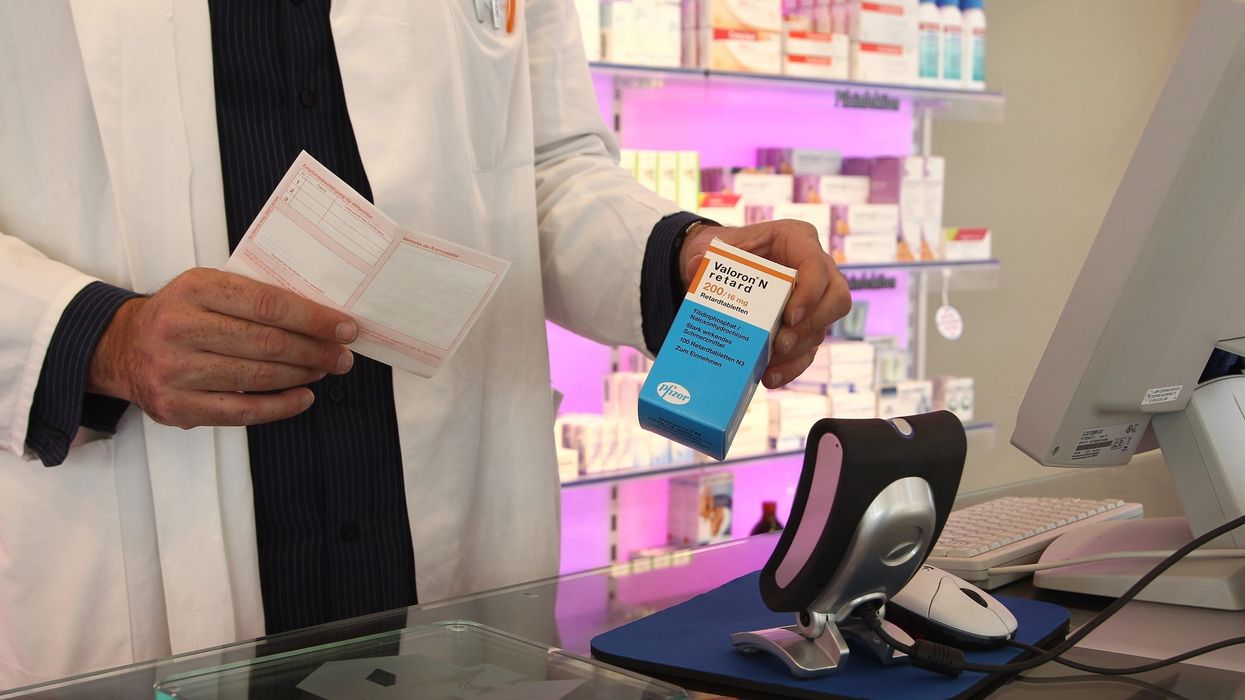A total of 1.4 per cent of the fit note seekers relied on pharmacists to issue them the certification
Recent NHS data sheds light on the evolving landscape of fit note certification, indicating a gradual expansion of roles beyond traditional medical practitioners to pharmacists and nurses.
This uptake in numbers coincides with the Department of Work and Pensions's (DWP) call for evidence in relation to fit note reform which will remain open till 8 July 2024.
According to figures published by NHS Digital, during the nine-month period from April 2023 to December 2023, pharmacists certified a significant number of fit notes.
Approximately 1.4 per cent of fit notes of the 8 million were issued by pharmacists while the rest were issued by the GP surgeries reflecting the impact following legislative amendments in July 2022, which extended certification authority to pharmacists, nurses, occupational therapists, and physiotherapists.
In June 2022, the Pharmacists' Defence Association (PDA) advised pharmacists not to sign fit notes where the required therapeutic, diagnostic, or examination skills lie outside their scope of competence.
The association remarked that healthcare professionals needed mandatory training under the Health Education England before they are fit to issue fitness notes to the public.
The data also highlights a substantial reliance on doctors for fit note certification, with 91.3 per cent of fit notes being certified by medical practitioners during the same period.
Similarly, nurses accounted for 6.7 per cent of certifications, followed by physiotherapists at 0.6 per cent, and occupational therapists at 0.03 per cent.
Despite the regulatory changes aimed at diversifying certification sources, the uptake by non-doctor healthcare professionals remains modest, with only 8.4 per cent of fit notes issued by these professionals between April and September 2023.
In response to the observed low uptake, the Department for Work and Pensions (DWP) has initiated efforts to bolster awareness and utilization of the expanded certification framework.
This includes the publication of updated fit note guidance in October 2023, aimed at healthcare professionals, employers, and employees.
The call for evidence, launched by the DWP, seeks to gather insights to inform further reforms in the fit note process.
The government's commitment to enhancing the fit note system was outlined in the 2023 autumn statement, where plans for end-to-end reforms were proposed to support individuals in resuming work following periods of illness.
These reforms aim to streamline the fit note process, ensuring timely access to specialized work and health support while freeing up valuable time for healthcare professionals.
While the uptake of non-doctor certifications remains a focal point, the data underscores a gradual shift towards a more diversified approach in fit note issuance with pharmacists playing an increasingly significant role, alongside other healthcare professionals to better meet the needs of patients and employers alike.












